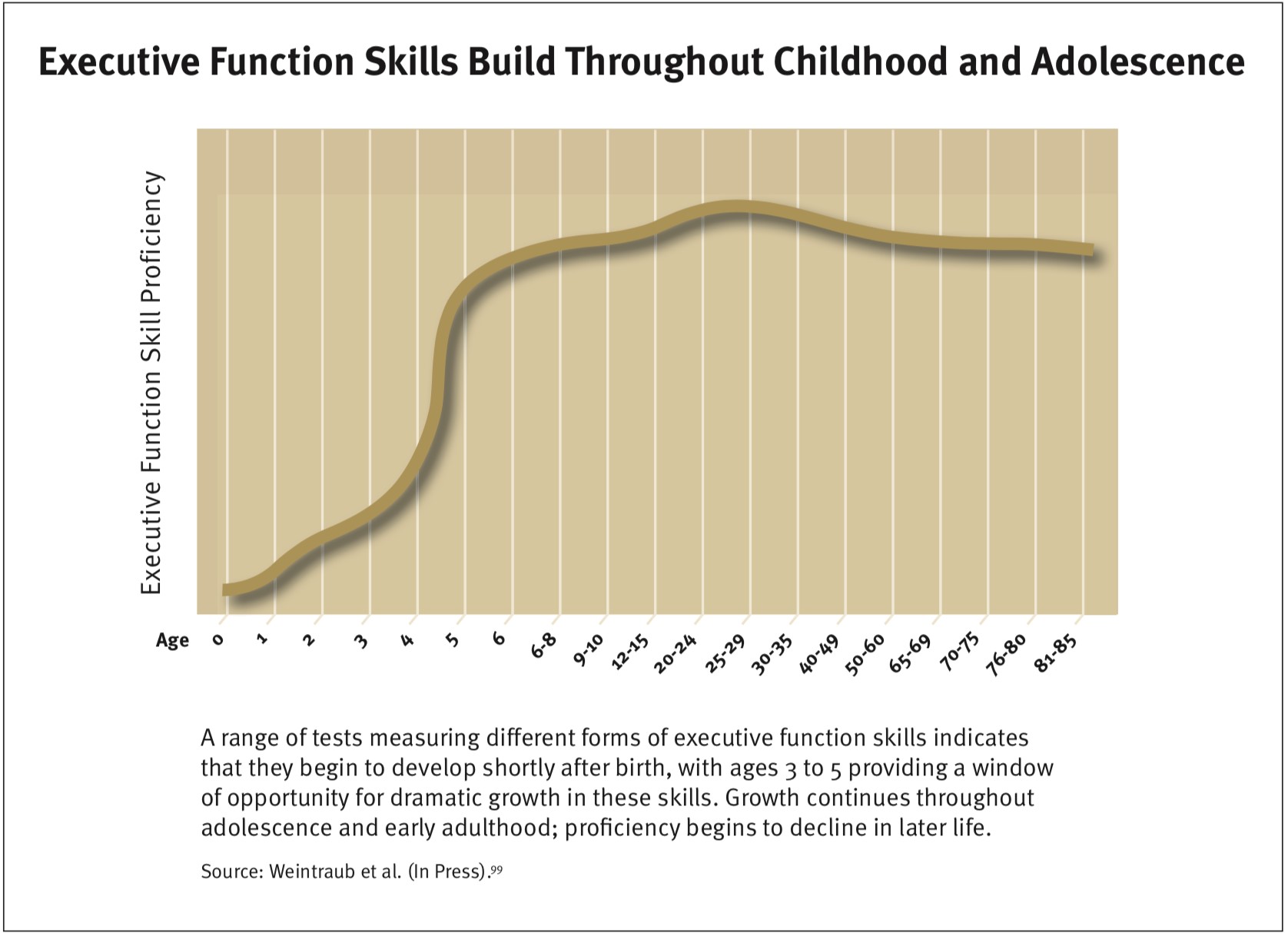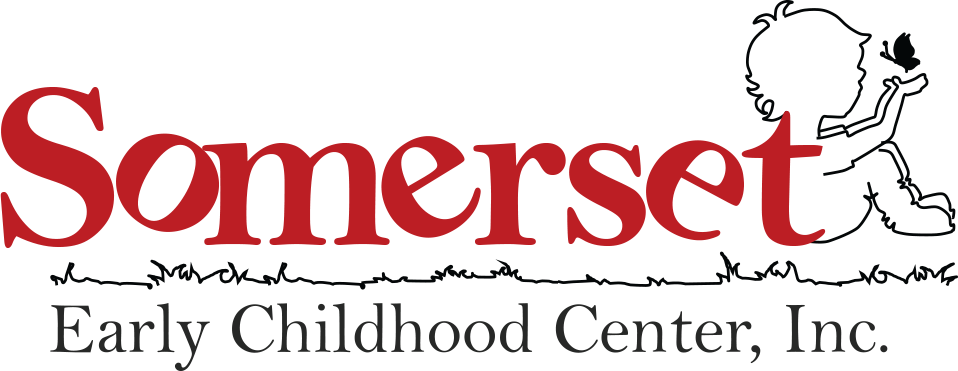Overview of Curriculum
At Somerset, teachers build the experiences (learning activities) they plan for the children and interact spontaneously with our children’s’ “wonderful ideas”, and they are guided by a set of foundational objectives which are consistent with State and NAEYC objectives. Our teachers design daily learning activity plans with both the learning opportunities arising from our children’s observed interactions with materials and processes, and our foundational objectives in mind. This stable foundation and flexible implementation ensures that your child’s learning is developmentally appropriate and personally meaningful.
While Somerset’s foundational objectives remain consistent over the years, the learning activities that different groups of children experience change based on the current needs and interests of our enrolled children.
Language and Literacy Objectives
- Participating in sound play
- Hearing rhyming words
- Reflecting stories
- Seeking book experiences
- Retelling stories
- Participating in print-related activities
- Predicting events
- Distinguishing letters and symbols
- Recognizing letters in words
- Identifying beginning sounds (Pre-K and Enrichment)
- Beginning to write letters (Pre-K and Enrichment)
- Writing with Purpose (Enrichment)


Social/Emotional Objectives
- Developing self-esteem, sense of responsibility, and confidence in their ability
- Developing ability to make appropriate choices and decisions
- Building problem solving skills
- Using self-management skills
- Developing social, moral and intellectual reasoning skills
- Initiating social interactions and making friends
- Developing self-control
- Enjoying learning
Cognitive Objectives
- Practicing sorting, classifying, matching and sequencing skills
- Exploring cause and effect
- Counting objects and matching numerals
- Comparing: more/less, bigger/smaller, etc.
- Practicing one to one correspondence
- Seeking answers through active investigation
- Building focus and attention span


Large and Small Muscle Objectives
- Controlling small muscles in hands
- Coordinating eye-hand coordination
- Using tools for writing and drawing
- Demonstrating basic loco motor skills (running, jumping, hopping, galloping)
- Showing balance while moving
- Demonstrating throwing, kicking, and catching skills
Creativity Objectives
- Foster appreciation of visual arts, music (instrumental & vocal), creative movement and dramatic play
- Become aware of beauty in nature
- Experience various art forms
- Talk about aesthetic experience
Habits of Mind
As children move through the normal activities of our program, we also encourage the early development of habits which contribute to future success. These particular habits are based on the work of Arthur L. Costa and Bena Kallick in their studies of what successful people do when they don’t know what to do.
While the research on these habits is focused on adults, we find that these habits include behaviors we work on with children every day. For that reason, we decided to formally incorporate the habits into our curriculum.
The 16 Habits of Mind identified by Costa and Kallick are:
- Persisting
- Thinking and communicating with clarity and precision
- Managing impulsivity
- Gathering data through all senses
- Taking responsible risks
- Listening with understanding and empathy
- Striving for accuracy
- Responding with wonderment and awe
- Thinking flexibly
- Thinking about thinking (metacognition)
- Finding humor
- Creating, imagining, innovating
- Thinking interdependently
- Questioning and posing problems
- Remaining open to continuous learning
- Applying past knowledge to new situations
More information on Habits of Mind can be found here.
Somerset’s program strives to support children’s growth in each of the above areas by:
- Providing a caring, professional teaching staff that respects, encourages, supports and guides children’s explorations.
- Providing a rich, safe, and planned physical, social and learning environment. Our learning interest areas and experiences encourage higher levels of school readiness in pre-math, pre-reading, science and social studies.
- Providing flexible, challenging and varied learning centers and experiences.
- Providing an optimum mix of new and familiar experiences, equipment, and materials.
- Providing support and guidance when children momentarily lose control of materials, equipment, or emotions.
- Providing open communication and collaboration with children’s parents to help the children grow and develop optimally.
- Providing an inclusive experience during the holidays, avoiding the use of religious symbols, and keeping activities with multicultural and multiethnic awareness.
Executive Function Skills
“ … a group of skills that helps us focus on multiple streams of information at the same time, monitor errors, make decisions in light of available information, revise plans as necessary, and resist the urge to let frustration lead to hasty actions. Acquiring the early building blocks of these skills is one of the most important and challenging tasks of the early childhood years.”

Executive function skills are developed primarily during the ages of 3-6 years and they are essential for future academic success.
“Executive function remains one of the most reliable predictors of success in academics and in life, beating out test scores, IQ, and socioeconomic status.”
